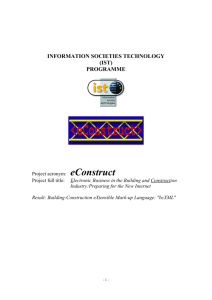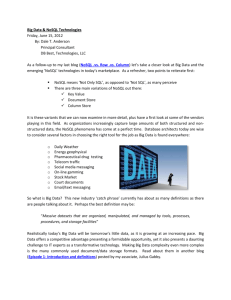About this course - Geogle by Kim Man Lui 雷剑文
advertisement
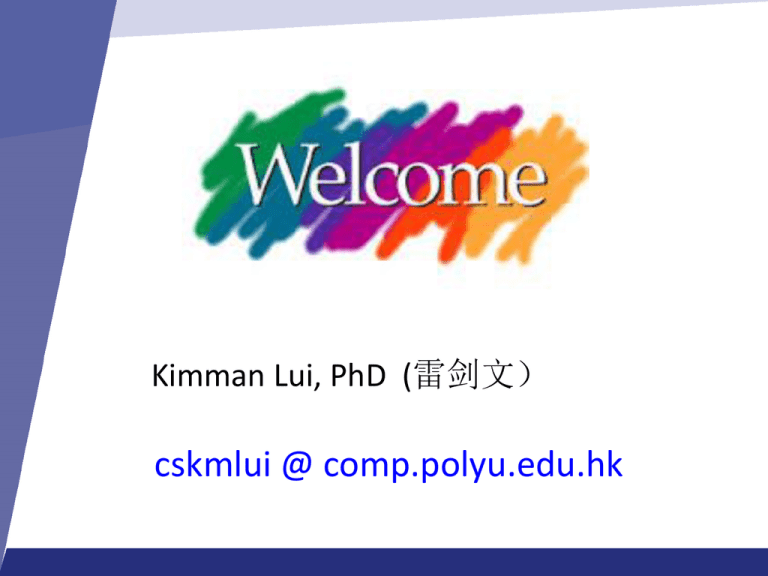
Kimman Lui, PhD (雷剑文) cskmlui @ comp.polyu.edu.hk About this course • Do you know what this course is about? • What would you expect from this course? • How much do you know about Web Database? AND OR Assessment • Individual Assignment 1– 10 % – Learning outcome: Students can apply the basic Xquery language. • Individual Assignment 2– 10 % – Learning outcome: Students can understand the difference between XML and graph database and most importantly they know when and where XML/graph database should be adopted. • Group Project – 25 % – Learning outcome: Students can provide practical advices on the enhancements for many existing B2B and B2C web database applications • Exam – 55 % Teaching Plan 1 Introduction to WD: RDBMS, OODB, XML, NoSQL 2014-01-16 2 Data with Schema: DTD , Schema, W3C 2014-01-23 3 Graph Database (Neo4j) and Group Project with Lab 2014-01-25 4 W3C, Xpath and XQuery 2014-02-13 5 Lab I: Schema and SQL_SPY 2014-02-20 6 XML Storage 2014-02-27 7 XML Indexing and Memcached + Guest Talk 2014-03-06 8 Ajax , JSON, REST and CouchDB 2014-03-13 9 Lab II: IBM DB2 and XQuery 2014-03-20 10 NoSQL Cassandra 2014-03-27 11 Presentation 2014-04-03 12 NoSQL and MapReduce 2014-04-10 13 Web Services 2014-04-17 14 Review Lecture 2014-04-24 What we want to cover this term? • Semi-structural data - XML – Ongoing developments and industrial applications • Assumptions – RDBMS – Web programming is preferable • SAX, DOM, Ajax, JSON, Neo4j, CouchDB, REST, NoSQL • There is some system work with IBM DB2 • More focus on analytical and conceptual skills • Discussion and presentations are important Class Organization • Lecture • Workshop/Tutorial Course Website http://geogle.comp.polyu.edu.hk/cwd Reference Book Class Organization • Lecture • Workshop/Tutorial Individual Assignment and Group Project Two Individual Assignments One Group Project Report: File Format • .doc (NOT .docx nor .pdf) Open-Notes Exam • 2 Hours • Short Questions (Word-limited Answers) • Case Studies (and/or Long Questions) Late Submission fair To be for students who hand in their assignments on time • 5 marks deduced for one day • 6 for two • 7 for tree • 8 for four • 9 for five • 10 for more than five Applications for exemption from penalty must be made in writing (e.g. email) with a proof (e.g. a copy of air tickets) Plagiarism • Plagiarism is not acceptable as part of University policy. • Plagiarism includes: – 1) submitting work that was performed by another individual, and; – 2) improperly referencing material from published resources. • Talk to me if you are unsure about how to reference material. Other Requests • Please demonstrate your professionalism by respecting the comments and questions of your classmates, and by silencing all cellular phones and pagers. • Please bring all relevant material to each class. • Please feel free to contact me with questions regarding course material. • Please allow me to make minor adjustments to the syllabus, as circumstances require. Exam Tips • Does a trading company need a computer system? Answer I think a trading company needs a good computer system to support their business so that people in the company can work closely together and access their information any time. Answer To integrate different functions of business processes, ERP is indispensable to share information with co-workers, control collaborative workflow, assess real-time information Answer the questions using technical vocabulary Email to me • Please write down your course code and student number so that I can response to you earlier. cskmlui@comp.polyu.edu.hk Acknowledgement • The PPT is based on the excellent lecture notes last year. • I thank Prof Vincent Ng. • Note that any mistake on PPT is mine!
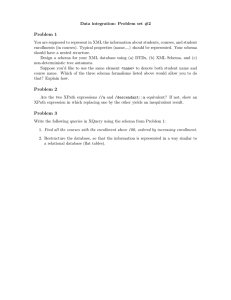
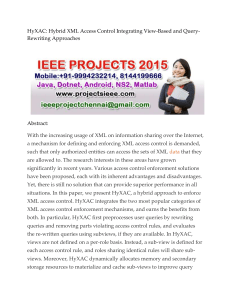
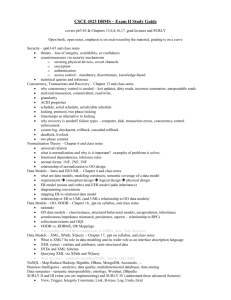
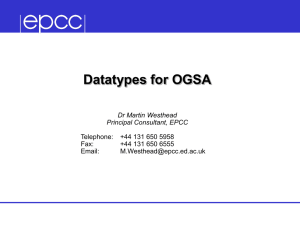
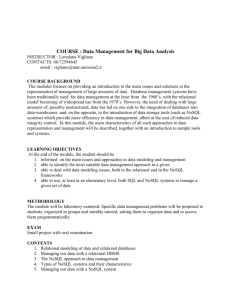
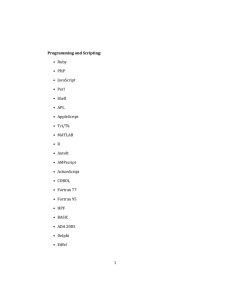
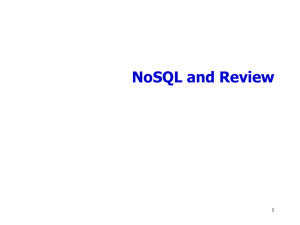
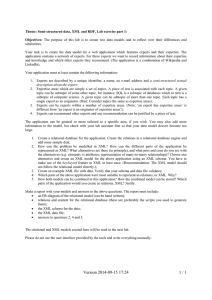
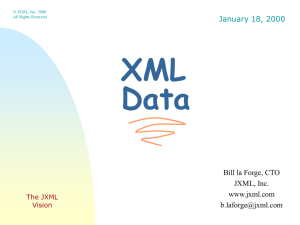
![[#CARBON-13743] Key store password of catalina](http://s3.studylib.net/store/data/007841975_2-b5be293be17dfbfd4fa5374476b625ea-300x300.png)
